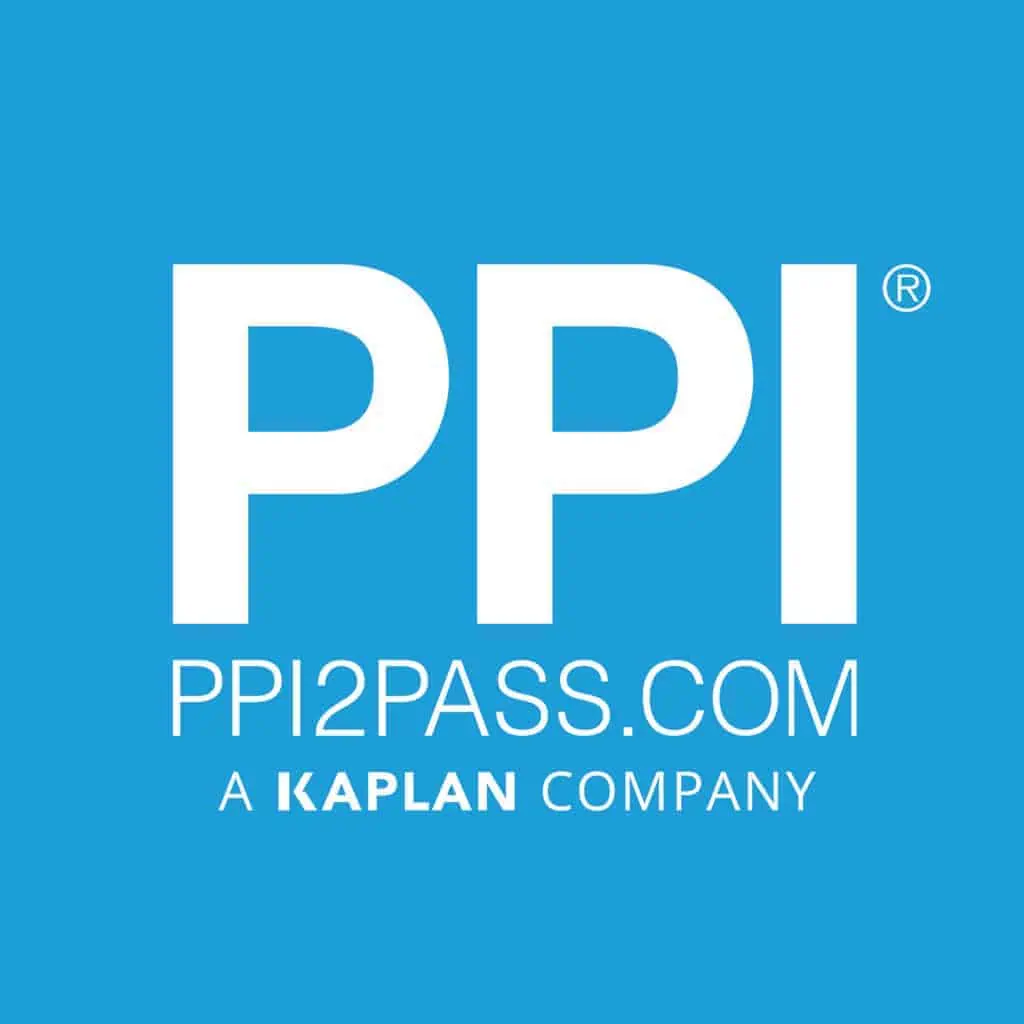In this article (and video above), I take a deep dive into tips to pass your PE exam while also assessing your FE exam prep to make sure you’re ready to crush it on your first try. For those who might not be familiar, the Fundamentals of Engineering (FE) exam is a big deal for engineering students—it’s the stepping stone towards becoming a licensed engineer. If you’re planning to take the FE exam, it’s super important to assess your readiness.
Now, let’s break down some of the common challenges that candidates face when prepping for the FE exam. First off, many students struggle with time management. Between classes, internships, and maybe even a social life, finding time to study can feel impossible. Not to mention, understanding the exam format can be tricky too! You’ve got multiple-choice questions, and they can cover a wide range of topics. It can be overwhelming if you’re not prepared. So, what do you do when you hit these roadblocks, and how do you know when you are ready to take the exam?
Here are some key things to consider:
1. Understanding the FE Exam
[Read more…] about Are You Truly READY for the FE Exam? Find out Here!






